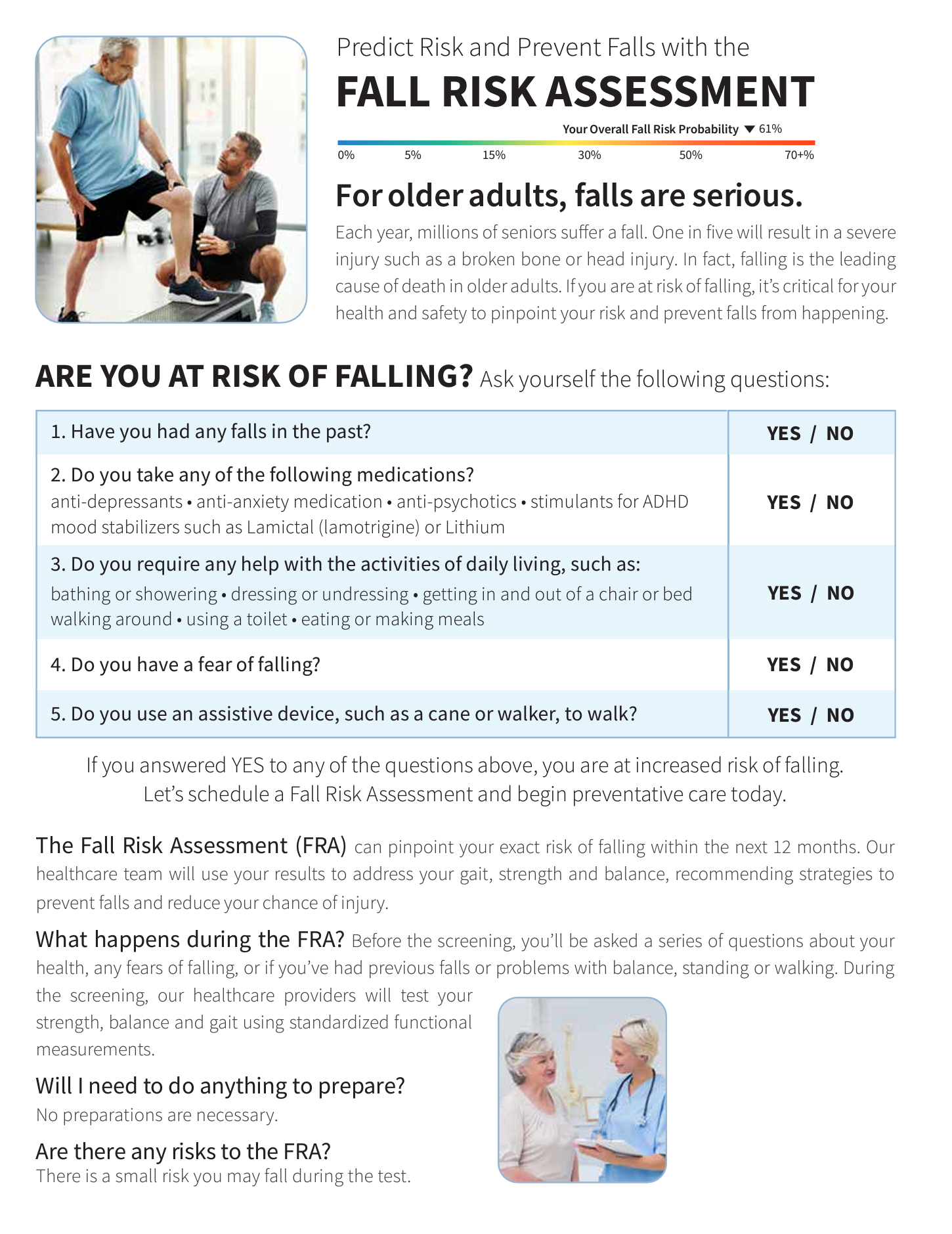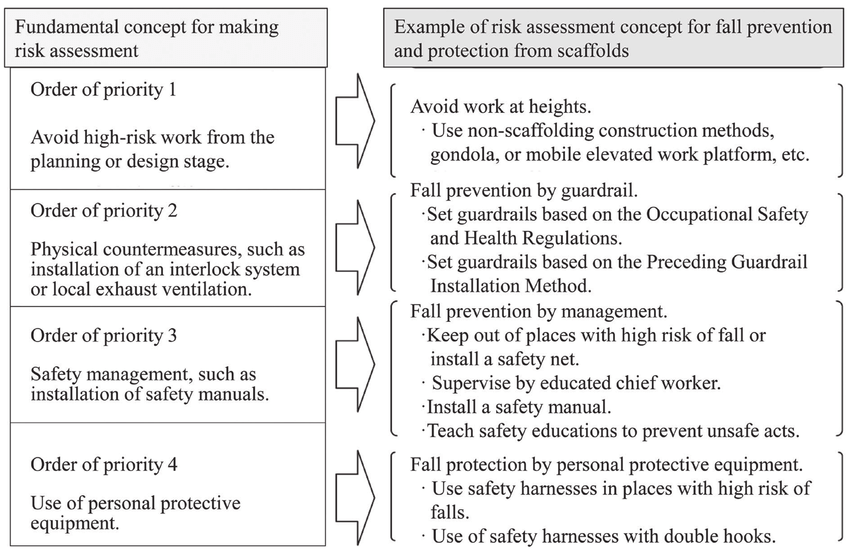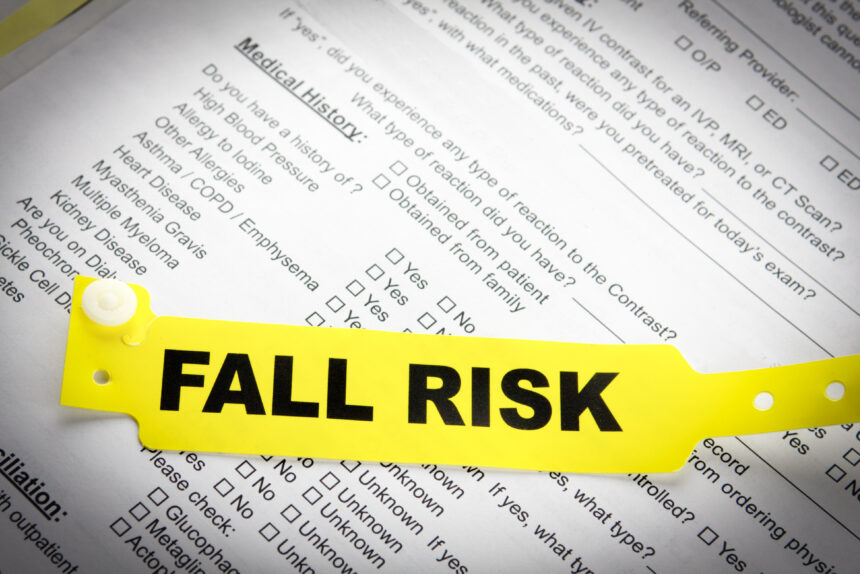The smart Trick of Dementia Fall Risk That Nobody is Talking About
Dementia Fall Risk Fundamentals Explained
Table of ContentsThe 9-Minute Rule for Dementia Fall RiskThe Buzz on Dementia Fall RiskHow Dementia Fall Risk can Save You Time, Stress, and Money.The Single Strategy To Use For Dementia Fall RiskGetting The Dementia Fall Risk To Work
The FRAT has 3 areas: fall danger condition, threat factor checklist, and action strategy. A Loss Threat Status includes data regarding background of current drops, medications, mental and cognitive condition of the individual - Dementia Fall Risk.If the patient scores on a risk aspect, the equivalent variety of factors are counted to the person's fall risk score in the box to the far best. If a person's loss risk rating completes 5 or greater, the individual goes to high threat for drops. If the person ratings just 4 factors or lower, they are still at some risk of falling, and the nurse should utilize their ideal professional analysis to handle all autumn danger elements as part of a holistic treatment strategy.
These standard methods, in general, assist create a risk-free setting that decreases unintended falls and defines core preventive steps for all people. Indications are important for clients at threat for falls.
The smart Trick of Dementia Fall Risk That Nobody is Discussing
Wristbands need to consist of the person's last and initial name, day of birth, and NHS number in the UK. Only red color ought to be used to signal unique person standing.
Products that are as well far may call for the person to get to out or ambulate unnecessarily and can possibly be a hazard or add to falls. Aids protect against the person from heading out of bed without any type of support. Nurses react to fallers' telephone call lights quicker than they do to lights initiated by non-fallers.
Visual problems can significantly cause drops. Hip pads, when put on appropriately, may reduce a hip crack when autumn happens. Maintaining the beds closer to the floor reduces the threat of falls and serious injury. Positioning the bed mattress on the floor dramatically minimizes fall threat in some health care settings. Reduced beds are developed to decrease the distance a patient drops after moving out of bed.
Dementia Fall Risk Things To Know Before You Get This
Patients who are high and with weak leg muscular tissues who attempt to rest on the bed from a standing placement are likely to fall onto the bed since it's also reduced for them to lower themselves safely. If a tall patient attempts to get up from a read more low bed without support, the individual is most likely to drop back down onto the bed or miss out on the bed and drop onto the flooring.
They're made to advertise prompt rescue, not to avoid drops from bed. Distinct alarm systems can additionally advise the person not to obtain up alone. The usage of alarm systems can additionally be a replacement for physical restrictions. Apart from bed alarm systems, boosted guidance for high-risk clients likewise may help prevent drops.

People with an you could check here evasion gait rise autumn chances dramatically. To lower autumn risk, footwear must be with a little to no heel, thin soles with slip-resistant step, and support the ankle joints.
Some Of Dementia Fall Risk
Patients, especially older adults, have reduced visual capability. Lights an unfamiliar setting helps boost presence if the client have to get up in the evening. In a research, homes with sufficient lights record fewer falls (Ramulu et al., 2021). Renovation in lighting in your home might lower fall rates in older grownups (Dementia Fall Risk). Making use of stride belts by all health treatment providers can promote security when aiding patients with transfers from bed to chair.

Caretakers work for guaranteeing a secure, protected, and safe atmosphere. Studies demonstrated really low-certainty proof that caretakers decrease fall risk in intense treatment healthcare facilities and only moderate-certainty that options like video surveillance can lower caretaker use without increasing loss danger, suggesting that sitters are not as valuable as at first believed (Greely et al., 2020).
The 5-Second Trick For Dementia Fall Risk

Boosted physical conditioning lowers the danger for drops and restricts injury that is sustained when loss transpires. Land and water-based workout programs may be in a similar way useful on balance and stride and thereby lower the risk for drops. Water exercise might contribute a positive advantage on balance and stride for women 65 years and older.
Chair Surge Exercise is a simple sit-to-stand exercise that aids enhance the muscular tissues in the thighs and butts and improves wheelchair and independence. The goal is to do Chair Surge exercises without utilizing hands as the customer ends up being more powerful. See resources section for a thorough instruction on exactly how to carry out Chair Increase exercise.